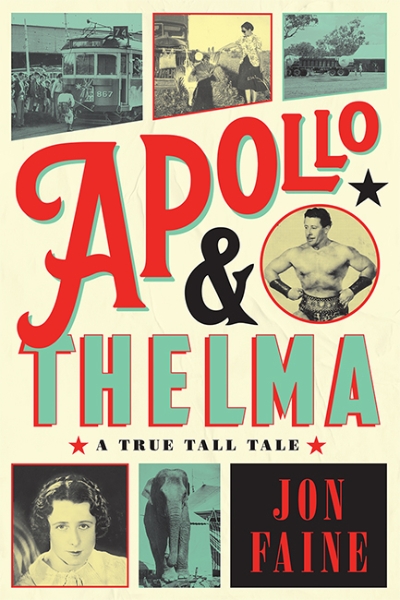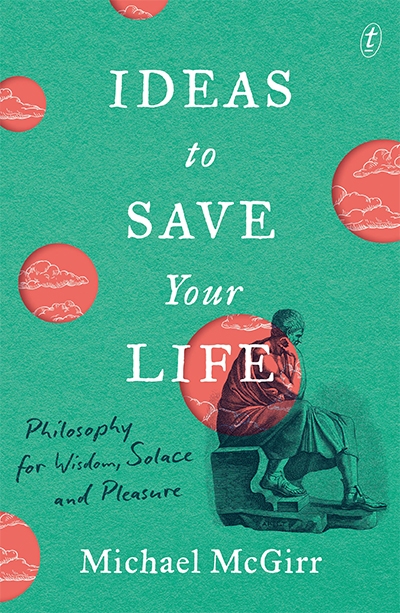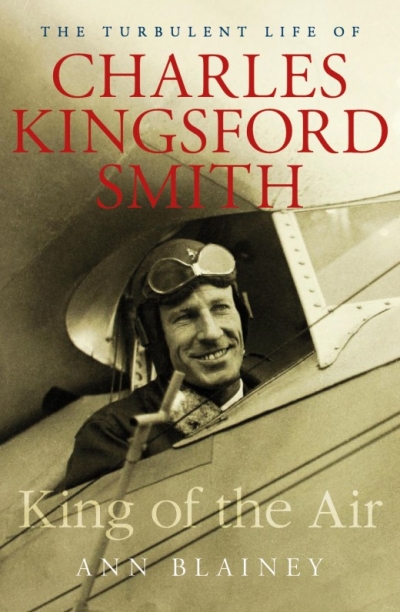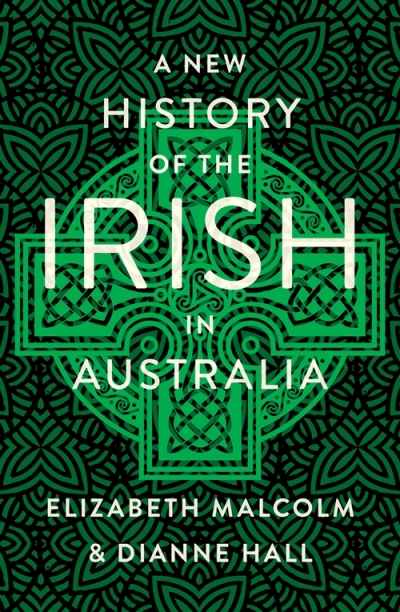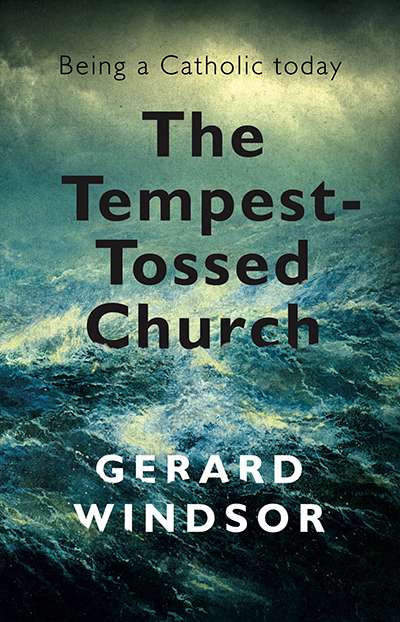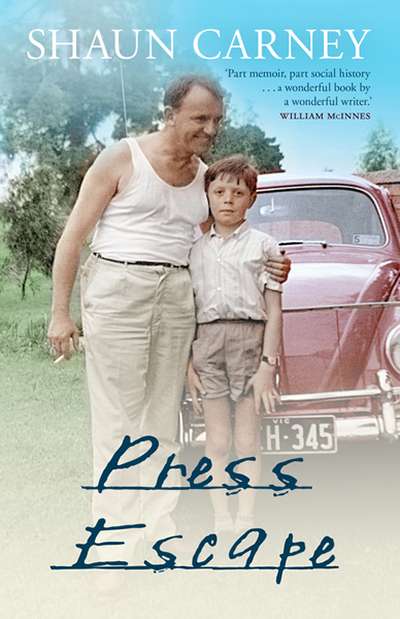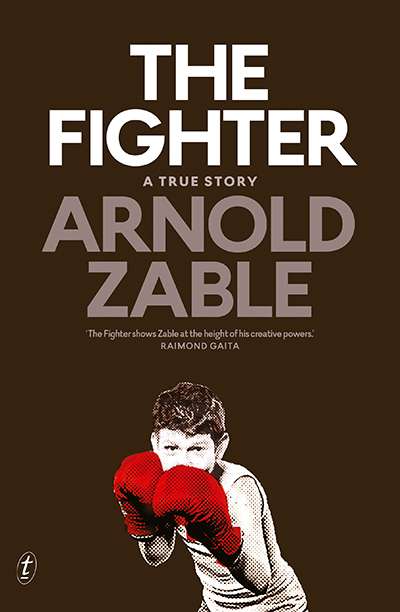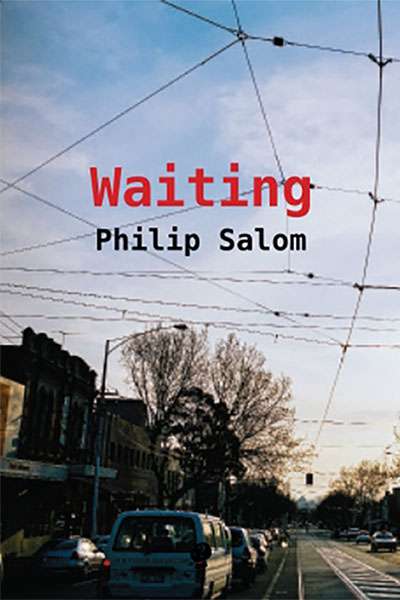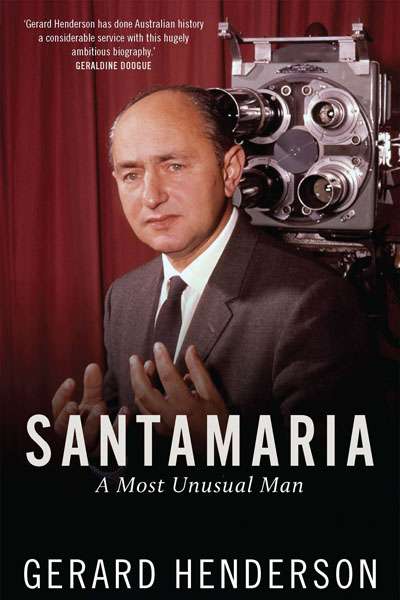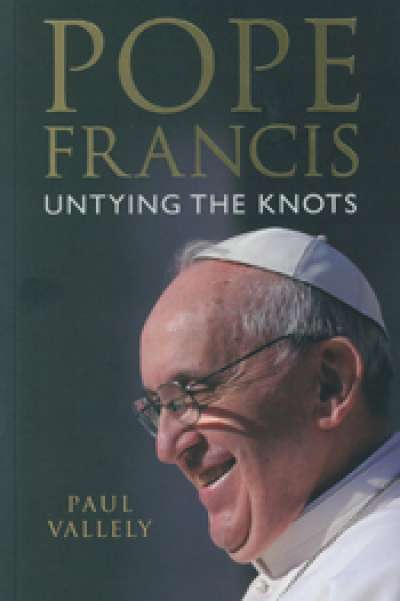Michael McGirr
Ideas to Save Your Life: Philosophy for wisdom, solace and pleasure by Michael McGirr
by Janna Thompson •
King of the Air: The turbulent life of Charles Kingsford Smith by Ann Blainey
by Michael McGirr •
A New History of the Irish in Australia by Elizabeth Malcolm and Dianne Hall
by Michael McGirr •
The Tempest-Tossed Church: Being a Catholic today by Gerard Windsor
by Michael McGirr •
Santamaria: A Most Unusual Man by Gerard Henderson
by Michael McGirr •

